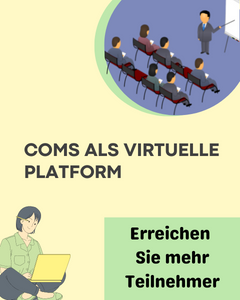Startseite / Konferenzkalender / Mathematik / Allgemeine wissenschaftliche Mathematik und fachübergreifende Veranstaltungen / Vereinigte Staaten
Konferenzen > Mathematik > Allgemeine wissenschaftliche Mathematik und fachübergreifende Veranstaltungen > Vereinigte Staaten
Wählen Sie ein Land aus
Vereinigte Staaten
1
Nonlinear Waves: From Theoretical and Computational Advances to Experimental Observations
27. Apr 2026 - 01. Mai 2026 • Providence, Vereinigte Staaten
Eintrags-ID:
1667521
2
International Congress of Mathematicians
23. Jul 2026 - 30. Jul 2026 • Philadelphia, PA, Vereinigte Staaten
Eintrags-ID:
1649527
3
The Australian Direction — A conference honoring the mathematical contributions of Matt Emerton and Mark Kisin
10. Aug 2026 - 14. Aug 2026 • Salt Lake City, UT, Vereinigte Staaten
Eintrags-ID:
1682170
4
MAA MathFest
04. Jul 2027 - 07. Aug 2027 • New Orleans, LA, Vereinigte Staaten
Eintrags-ID:
1572637
Webseite:
5
MAA MathFest
02. Aug 2028 - 05. Aug 2028 • San Diego, Kalifornien, Vereinigte Staaten
Eintrags-ID:
1572603
Webseite:
Conference-Service.com stellt der Öffentlichkeit ein Kalendarium wichtiger Konferenzen, Symposien und sonstiger Tagungen im wissenschaftlich-technischen Bereich zur Verfügung. Obwohl das Verzeichnis mit großer Sorgfalt zusammengestellt und ständig aktualisiert wird, weisen wir auf die Möglichkeit von Fehlern ausdrücklich hin. Bitte vergewissern Sie sich immer beim Veranstalter, bevor Sie über die Teilnahme oder Nichtteilnahme an einer Konferenz entscheiden.
Stand vom 4. November 2025



